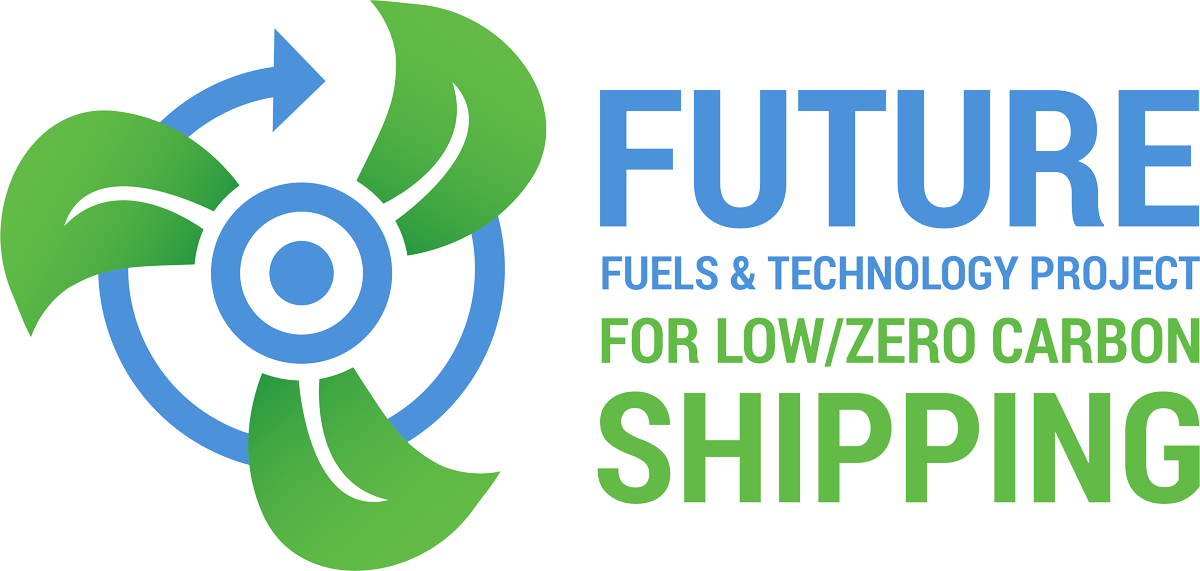To evaluate the operational risks associated with accidental ammonia releases during bunkering operations, focusing on small, medium, and large release scales of ammonia and explore factors such as bunkering supply, release, and meteorological conditions, this study performs a sensitivity analysis to identify the most influential factors affecting ammonia dispersion risks.
Sector: Shipping
Green ammonia adoption in shipping: Opportunities and challenges across the fuel supply chain
To investigate the viability of green ammonia as a shipping fuel, exploring its technical, economic, and infrastructural challenges.
To identify barriers and opportunities for its adoption within the shipping sector, focusing on its potential to align with the Paris Agreement goals of limiting global warming to 1.5°C.
Will renewable electricity availability limit e-fuels in the maritime industry?
To introduce the current status and limitations of technological development of renewable electricity derived from naturally replenished sources, such as solar, wind, hydroelectric, or geothermal energy, to reduce GHG emissions in international shipping and, based on this, briefly describe the project production and demand regarding e-fuels.
Bio-Ethanol as an alternative fuel for vessels
To firmly ensure the research on CO2 reduction in shipping by depicting advantages and disadvantages of bio-ethanol as an alternative fuel for shipping decarbonization
Marine Methanol Future-Proof Shipping Fuel
To provide insight into the pros and cons of methanol as a marine fuel compared to traditional marine fuels and alternatives such as LNG, hydrogen, ammonia, and batteries
Potential of Hydrogen as Fuel for Shipping
To identify the potential for adopting hydrogen as a marine fuel by examining the production capacity, the regulatory landscape, and technologies along with techno-economic analyses and risk-based case studies
Biofuels in Shipping
To summarize relevant regulations and current status based on the understanding of characteristics of biofuels for ships and explain factors to be considered when biofuels are used in ships, including characteristics and prospects in terms of biofuel production
The shipping industry’s fuel choices on the path to net zero
To expect the timing of adoption and commercialization of green alternative fuel engines from the perspective of international shipping and explain the major roles of stakeholders related to alternative fuels in shipping
Energy Transition Outlook 2023 Transport in Transition: A deep dive into fuels, electricity, and infrastructure
To deeply analyze the transition of electrification, infrastructure, and fuel use in the transport sector for the next 30 years, focusing on fossi fuels, electricity, biofuels, hydrogen, and hydrogen-based fuels (e-fuels)
Power-2-Fuel Cost Analysis
To analyze the production, distribution, and storage costs of various e-fuels and the total costs of ownership (TCO) for using these fuels in vehicles and ships

